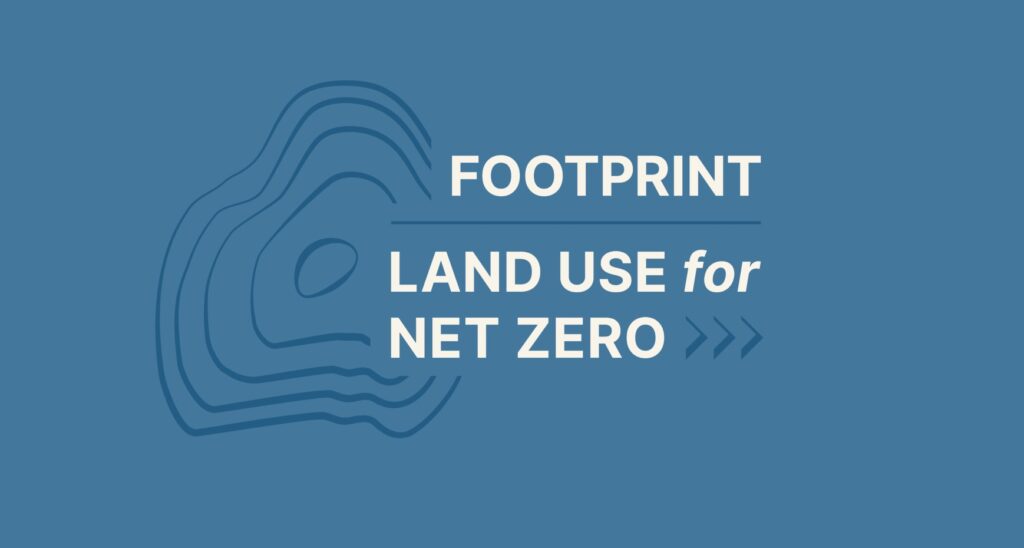Since 2012, the CCRI has been involved in an on-going series of themed research projects aimed at supporting the development and implementation of Natural England’s agri-environment schemes.
Natural England – Monitoring & Evaluation: Phase One 2012-2016
Between 2012-2016 CCRI was part of a consortium with ADAS, Fera and Environment Systems Ltd to provide research to support the delivery, monitoring and evaluation of the Environmental Stewardship programme run by Natural England.
England’s agri-environment schemes (AES) receive funding from the Rural Development Programme for England (RDPE), and a condition of this funding is that schemes are continually assessed through a planned national programme of monitoring and evaluation. The Agri-Environment Monitoring and Evaluation Programme is a joint programme delivered by Natural England and the Environment Agency on behalf of Defra, with input from the Forestry Commission and Historic England. The programme is funded through the RDPE Technical Assistance Fund. The period of this framework covers two AES programmes:
- Environmental Stewardship (ES) – open to applications between 1991 and 2014, it consisted of two tiers, Entry Level Stewardship (ELS) aiming for high coverage of basic options, and Higher Level Stewardship (HLS) with more demanding options targeted to features of high environmental value.
- Countryside Stewardship (CS) – open to applications from 2015. The first agreements started 1st Jan 2016. Like ES, the scheme consists of two tiers, a Mid-Tier (MT) and a Higher Tier (HT).
CCRI were involved in a number of research projects during this first phase, including:
- Assessing the role of advice and support in establishing HLS agreements and what impact this had on the success of an agreement. LM0433 Assessing the role of advice and support in the establishment of HLS agreements
- Assessing the role of advice and support on the management of agreements once they had been established. LM0432 Assessing the impact of advice and support on the environmental outcomes of HLS agreements
- A comprehensive evaluation of the introductory phase of the new Countryside Stewardship scheme assessing the attitudes of applicants in relation to all elements of the new scheme and the effectiveness, accessibility and provision of scheme information and advice. LM0464 Initial Evaluation of the implementation of Countryside Stewardship in England
- Review the effectiveness of ES and the Maintenance and Restoration options, to test the new processes, including the HLS historic building assessment process and its effectiveness. LM0435 Effectiveness of ES for the conservation of historic farm buildings
- Comprehensive ‘whole agreement monitoring’ survey on a selection of new Countryside Stewardship agreements LM0458 Agreement scale monitoring of Countryside Stewardship agreements
- Evaluation of Countryside Stewardship Facilitation Fund Phase 1 LM0473 Countryside Stewardship Facilitation Fund
Natural England – Monitoring & Evaluation: Phase Two 2017-2021
A second framework was developed as a follow-on under the broad theme of monitoring and evaluation of agri-environment scheme agreements (currently Environmental Stewardship and Countryside Stewardship) and the corresponding progress of the environmental and social metrics addressed by those agreements, both individually and collectively, towards the scheme’s objectives.
The Countryside and Environmental Stewardship agri-environment schemes are a key component of the Government’s sustainable agriculture and rural development policies. They provide a framework and financial support that reimburses land managers for income forgone plus the costs of carrying out voluntary management changes that reduce impact on, or enhance England’s countryside and its wildlife, landscapes, historic features and natural resources (soils and water).
The schemes operated under the Rural Development Programme for England (RDPE) 2014-2020. This changed in 2021 when the UK left the EU with all of the funding for the programmes coming from the UK government.
CCRI were involved in a number of research projects during this second phase, including:
- Assessing the relationship between AES and SSSIs and the strength of evidence for AES impact on SSSI condition, including owner/manager attitude towards and motivation for managing protected sites. LM0481 Impact of AES on SSSIs
- A review of the role AES play in the management of Coastal and Floodplain Grazing Marsh LM0498 Contribution from AES to the conservation of Coastal & Floodplain Grazing Marsh
- Assessing the opportunities and challenges of self-monitoring and evidence gathering for AES. LM0493 A Social Science analysis of the challenges, opportunities, benefits and disbenefits of the provision of self-monitoring and evidence by farmer/land managers within AES
- Assessing whether the current AE schemes provide sufficient flexibility to respond effectively to both the gradual impacts of climate change and changes to the severity and frequency of extreme weather events in terms of delivering environmental outcomes. LM0484 Evaluating the resilience of AES to climate change
- Spatial analysis to assess the retention and loss rates of arable reversion options previously established under AES. LM0485 Assessment of Arable Reversion
- An assessment of whether AES are delivering for Geological SSSIs. LM04113 Are English AES schemes delivering for geological SSSIs
- The fourth phase of evaluating the Countryside Stewardship Facilitation Fund. LM04127 Countryside Stewardshi Facilitation Fund Evaluation Phase IV
- Together with LUC and Research Box, the CCRI is leading a project looking at the way in which the public engage with landscapes and how they view potential changes under AES agreements. Public perceptions of the impact of Agri-Environment Schemes on the landscape – LM04130
- LUC are leading a project involving ESL and CCRI looking at differences within similar landscapes which are managed under AES and those which are not.
- CCRI are working on a project that will evaluate the full impact of the Countryside Stewardship Historic Building Restoration Grant Pilot Scheme.
- CCRI are leading on work where we will conduct a series of evidence reviews of the environmental impact of AES interventions since the introduction of ES in 2005.
- LUC are leading a project involving CCRI and ESL, where we will conduct a series of evidence reviews of the environmental impact of AES interventions since the introduction of ES in 2005.




